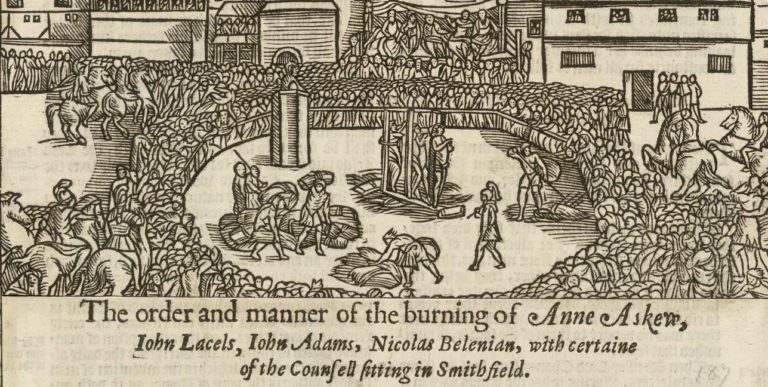Tim Keller died just over a year ago, on 19th May 2023. His impact on English-speaking evangelicalism was significant, on several fronts: a megachurch pastor, best-selling author, preacher, cultural critic, international evangelist, founder of Redeemer City to City and The Gospel Coalition. In this article I would like to highlight some aspects of his influence for which I am thankful.
The Relevance of Justification by Faith Alone
While Keller taught that the gospel is more than justification by faith, no internationally-known preacher more consistently demonstrated the relevance of this doctrine to moderns and postmoderns. Keller nailed the prominence of identity as a theme in our culture; explained how we all seek to justify our self-worth either before God or without God; revealed self-justification as the heart of our sin; and pointed us to the atoning work of God in Christ as the true source of the dignity, acceptance and forgiveness we are looking for. The doctrine of justification by faith never felt so fresh and contemporary as when Tim Keller was preaching. He persistently brought us back to its glory, taught us how to communicate it, and exhorted us to live in its freedom and joy.
Like the New Testament book of James, Keller taught that while we are justified by grace alone, the grace that justifies is never alone. Faith should result in love that should lead to good works, social justice, and a Christian vision for our work.
Principled Pragmatism
Keller was a confessional Presbyterian theologian, but he was also a principled pragmatist. He was willing to experiment with what worked best, as long as it was an expression of faithful Christian doctrine and ethics. He was attentive to the need to build and adapt church systems and structures. As the church he planted in New York City grew from fifteen people to more than five thousand (before purposely dividing into three congregations), Keller recognised the weaknesses in his leadership and sought to learn what he could from sociologists, management theorists and church growth experts to make adjustments to systems and structures to better meet the needs of his church at each stage of development. For a summary of his thoughts on the matter, see his paper, Leadership and Church Size Dynamics.
He was also deeply committed to cooperative church planting for both philosophical and pragmatic reasons. In his local context, Keller had a gospel vision for all of New York City. He recognised that it would take more than one church, even one single church network, to reach the five boroughs of the city, so Keller initiated conversations and established cooperation with other churches and denominations, even investing money into church plants from other networks. Keller thought a strength of Protestantism is its willingness to innovate but a weakness its unwillingness to cooperate. But he knew from history that innovations were sustained only when they became institutions. Hence Keller was active in the denominational life of the Presbyterian Church of America, as well as one of the prime movers behind other institutions—The New York Project, Hope for New York, City to City and TGC.
Suffering and Serving with Joy
Drawing on the work of C.S. Lewis and Jonathan Edwards, as well as Scripture itself, Keller taught that the Christian life consisted of joy in Christ in the midst of suffering. Loved by God, we can trust God in all circumstances. According to all who knew him Keller showed a lot of joy. He was able to maintain his joy throughout his terminal cancer.
We can also suffer as we live out of faith in service to others. Justified by faith, we don’t have to promote or defend ourselves. Assisted by his gifted wife, Kathy, he applied this teaching to romance, sex and marriage. He made us aware how much we are shaped by a culture of expressive individualism, the belief that “identity comes through self-expression, through discovering one’s most authentic desires and being free to be one’s authentic self”. This can lead us to focusing on narrow romantic feelings, turning sex and romance into idols, and so placing far too much pressure on romantic relationships, expecting them to supply the fulfilment that only a relationship with God can provide. Keller urged believers to first look to God himself for true fulfillment, and out of a deep appreciation of God’s love, to value and cultivate ‘agape’: laying down their lives for the good of others.













